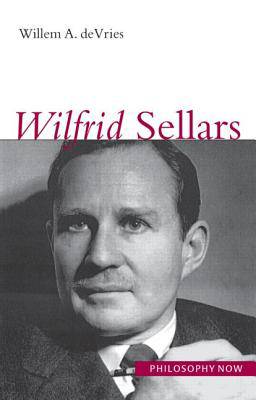
- Afhalen na 1 uur in een winkel met voorraad
- Gratis thuislevering in België vanaf € 30
- Ruim aanbod met 7 miljoen producten
- Afhalen na 1 uur in een winkel met voorraad
- Gratis thuislevering in België vanaf € 30
- Ruim aanbod met 7 miljoen producten
Zoeken
Omschrijving
Wilfrid Sellars (1912-89) has been called "the most profound and systematic epistemological thinker of the twentieth century" (Robert Brandom). He was in many respects ahead of his time, and many of his innovations have become widely acknowledged, for example, his attack on the "myth of the given", his functionalist treatment of intentional states, his proposal that psychological concepts are like theoretical concepts, and his suggestion that attributions of knowledge locate the knower "in the logical space of reasons". However, while many philosophers have begun to acknowledge Sellars's inspiration in their work, their interpretation of his thought has not always been the most accurate. His writings are difficult. Individually, his essays are complex and sometimes rely on doctrines and arguments he put forward elsewhere. Each of his articles is deepened and strengthened by seeing it in its systematic context, but he never wrote a unified exposition of his system, which therefore has to be pieced together from numerous disparate sources. Willem deVries addresses these difficulties specifically and provides a careful reading and remarkable overview of Sellars's systematic philosophy that will become the standard point of reference for all philosophers seeking to understand Sellars's hugely significant body of work.
Specificaties
Betrokkenen
- Auteur(s):
- Uitgeverij:
Inhoud
- Aantal bladzijden:
- 320
- Taal:
- Engels
- Reeks:
Eigenschappen
- Productcode (EAN):
- 9781844650385
- Verschijningsdatum:
- 17/10/2005
- Uitvoering:
- Hardcover
- Formaat:
- Genaaid
- Afmetingen:
- 138 mm x 216 mm
- Gewicht:
- 452 g

Alleen bij Standaard Boekhandel
+ 391 punten op je klantenkaart van Standaard Boekhandel
Beoordelingen
We publiceren alleen reviews die voldoen aan de voorwaarden voor reviews. Bekijk onze voorwaarden voor reviews.











